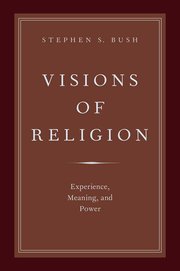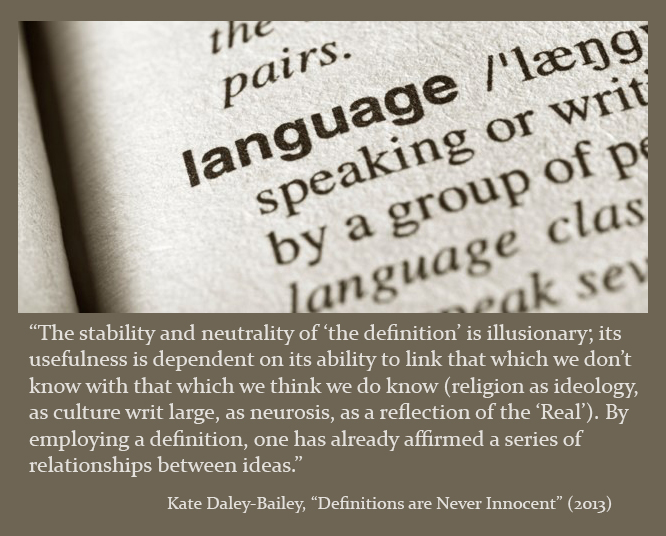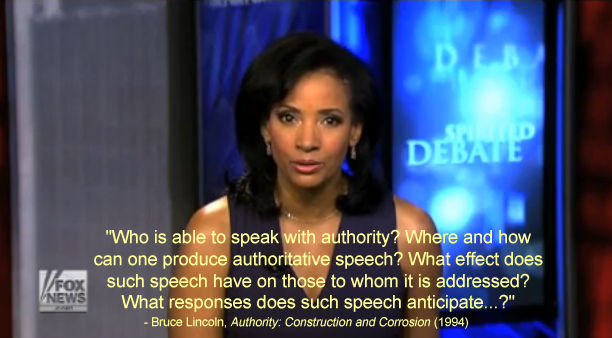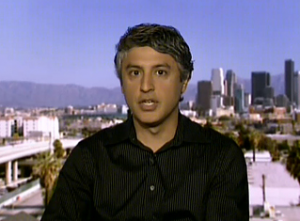
According to this news story from a few years ago, a “living” man from Ohio was legally ruled “dead”:
A US man declared dead after he disappeared nearly three decades ago cannot now be declared officially alive, though he has returned home and is in good health, a judge has ruled.
Donald Miller of Ohio left behind a wife, two children and significant debt when he fled his home in 1986.
He was declared legally dead in 1994, then re-emerged in 2005 and attempted to apply for a driving license.
A judge this week found death rulings cannot be overturned after three years.
Judge Allan Davis handed down the ruling in Hancock County, Ohio, probate court on Monday, calling it a “strange, strange situation”, according to media reports.
“We’ve got the obvious here. A man sitting in the courtroom, he appears to be in good health,” he said, finding that he was prevented by state law from declaring Mr Miller legally alive.
“I don’t know where that leaves you, but you’re still deceased as far as the law is concerned.”
What we have seems to be a case of competing discourses. If this man went to the hospital, it seems unlikely that the doctors would direct him to the morgue. On the other hand, from the court’s perspective he is dead and thus not eligible to get a driver’s license. Continue reading “Competing Discourses on Life and Death”






 While I admit to having issues with the sort of individual, rational thinker that
While I admit to having issues with the sort of individual, rational thinker that  Read
Read 
 The assumptions within the assertions of identification in the
The assumptions within the assertions of identification in the  As I recall
As I recall